According to the CDC, Diabetes is “a chronic (long-lasting) health condition that affects how your body turns food into energy.” It also refers to a variety of conditions/diseases involving high blood sugar (glucose). The most common types of diabetes include: Type 2 diabetes – a chronic condition affecting the way in which your body processes blood glucose; formerly referred to as “adult-onset diabetes” Type 1 diabetes – a chronic condition that exists when little or no insulin is produced by the pancreas: also known as “insulin-dependent” or “juvenile” diabetes Pre-diabetes – a condition wherein a person has a high blood...
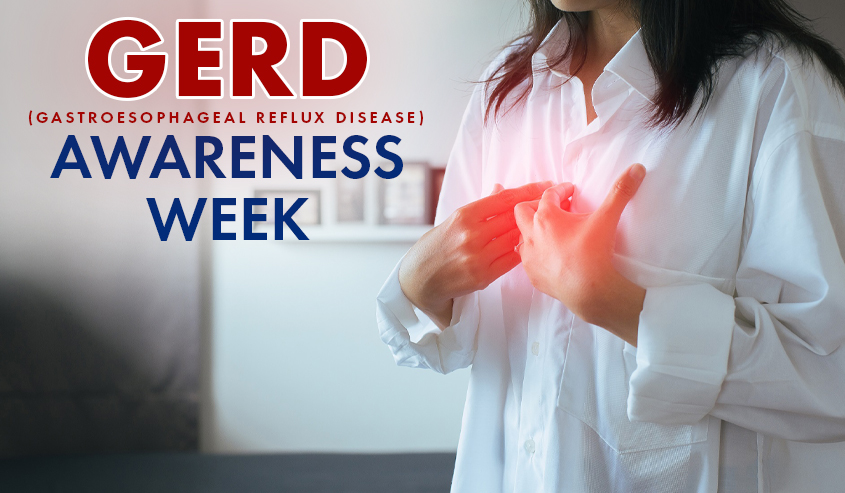
Gastroesophageal Reflux Disease (GERD)
Gastroesophageal Reflux Disease or GERD, as it is more commonly referred to, is a chronic digestive disease that occurs when bile or stomach acids flow up into the esophagus (food pipe) and irritate its lining. Individuals who suffer with heartburn and acid reflux more than a couple of times per week may be diagnosed with GERD. The consequences of acid reflux can range from mild to severe. Most individuals are able to manage the discomfort caused by GERD with lifestyle changes and OTC medications. In the more severe cases stronger medications or surgery may be the only alternative. Additionally, anyone can develop...

What Is Alzheimer’s Disease and Can It Be Prevented?
Alzheimer’s is an irreversible brain disorder that progressively worsens over time. In the course of the disease, the brain’s neurons stop functioning, lose their connections to other neurons, and eventually degenerate and die. Over time, this eventually destroys the patient’s memory and other critical mental functions. The main symptoms include confusion and memory loss. Although there is no cure, proper management strategies and medication can temporarily improve the patient’s symptoms. Can Alzheimer’s Disease be Prevented? Although the disease is not preventable as yet, there is strong evidence regarding key factors that are associated with living a healthier lifestyle that may...
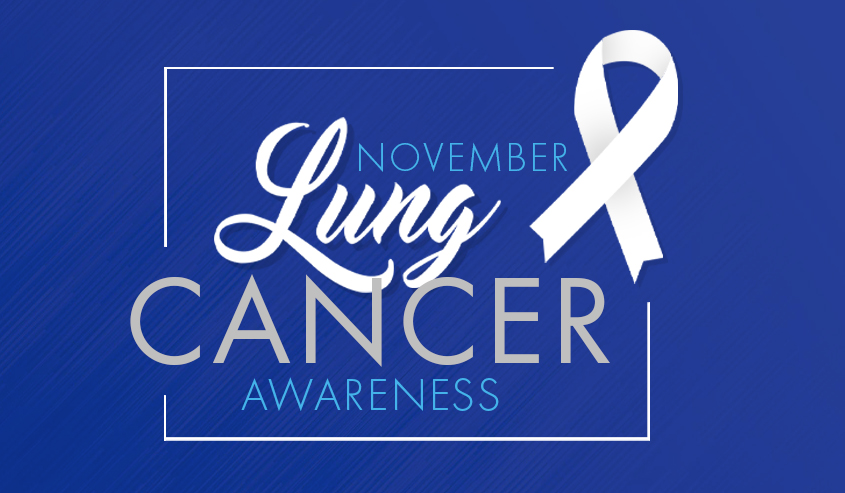
Lung Cancer and Everything you Need to Know About It
Lung cancer is the second most common type of cancer in American men and women. The American Cancer Society’s 2020 estimates for lung cancer cases include 116,300 new cases in men and 112,520 in women as well as 72,500 deaths among men and 63,220 among women. Furthermore, lung cancer typically occurs in older individuals. For instance, most lung cancer cases are diagnosed in individuals aged 65 and older while a small percentage is diagnosed when they are 45 or younger. Signs and Symptoms There are no signs or symptoms indicating the presence of lung cancer when it’s in its earlier...
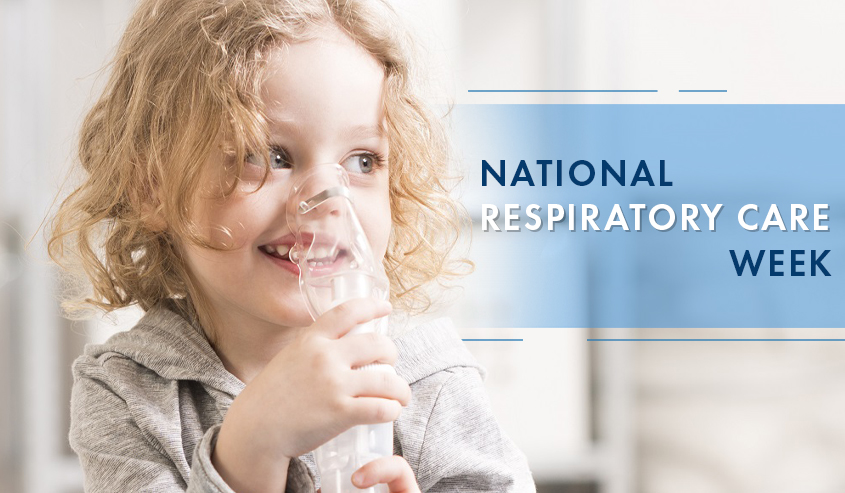
Putting the Spotlight on National Respiratory Care Week
Held from October 25th to 31st annually, the National Respiratory Care Week recognizes the service of respiratory care professionals and creates awareness about lung diseases and respiratory issues. With a host of ailments affecting the respiratory system such as asthma, lung cancer, pneumonia, COPD, occupational lung disorders among others. Other lesser known include sarcoidosis, rhinitis, idiopathic pulmonary fibrosis and chronic sinusitis. Currently, COVID-19 pandemic has put respiratory distress and related lung issues in the spotlight. Creating awareness about the respiratory ailments and ways to prevent it is an important step to safeguard the health of the people. As per National...
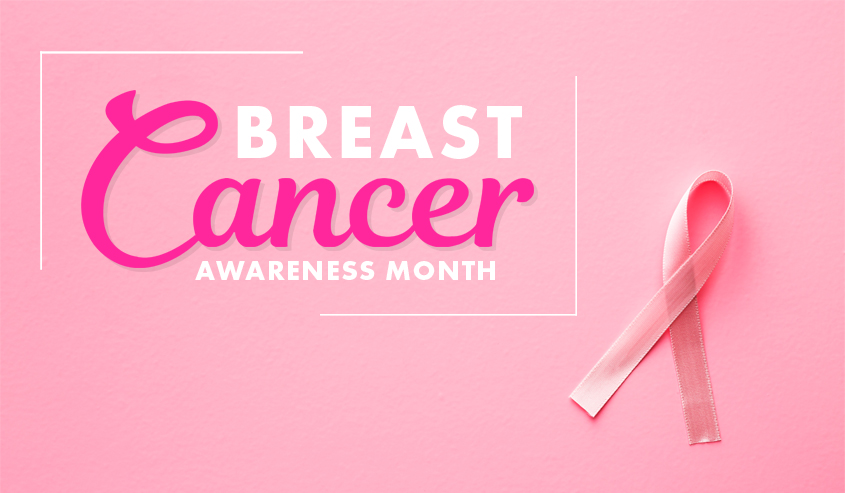
The Role of Breast Cancer Awareness Month
The whole month of October every year is dedicated to Breast Cancer Awareness. It is a known fact that breast cancer is indeed a silent killer of many women. To learn all about breast cancer, including the facts you’ll need to be aware of, the early diagnosis, and diagnostic imaging tests that are helping to save millions of women lives around the world. The Facts Did you know that almost a third (30%) of all new cancer cases that are detected in women every year are from breast cancer? Approximately 15% of women will be diagnosed with breast cancer. And...

Understand the Importance of Bone and Joint Health Action Week
Held annually on October 12th to 20th, the Bone and Joint Action Week focuses on bone related disorders like pediatric conditions, back pain, spinal deformity, arthritis, trauma, osteoporosis. All related activities have been designed to create more awareness about these diseases. Affecting a large segment of the population, statistics show: As per the Burden of Musculoskeletal Conditions in the U.S., 54% of the adult population over the age of 18 years are affected by bone and joint ailments. 33% of people over the age of 18 years needed medical care for musculoskeletal diseases in the past decade. Millions of people...
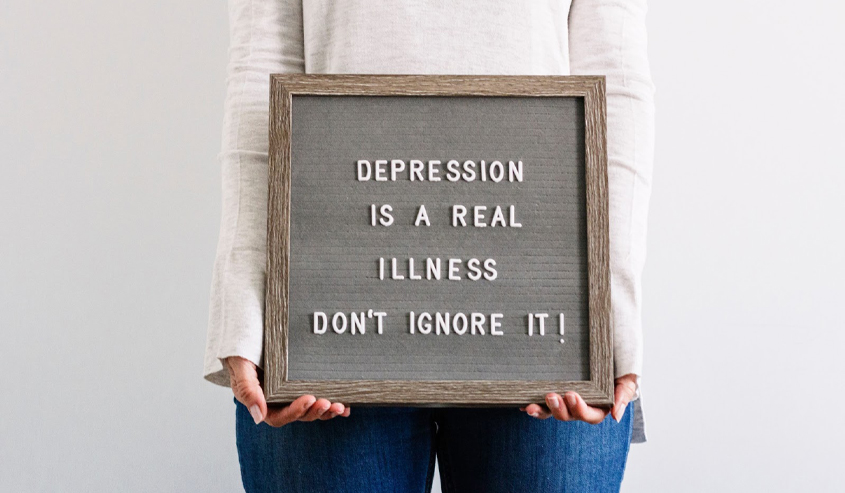
What Are The Causes Of Mental Illnesses And Disorders?
Mental illnesses are brain disorders or impairments. They affect the cognitive functioning and logical thinking capacities of the brain. Mental illnesses span the range of depression to schizophrenia. This includes addiction, bi-polar disorder, mania, bulimia, anorexia and various addictions apart from so many more. As per the 2019 statistics, nearly 46% of the adults in the US will be afflicted by a mental ailment in their life. 5% of adults experience a mental illness in a year and that translates to over 43 million people in any given year. The unfortunate part is only 41% of people receive professional services...
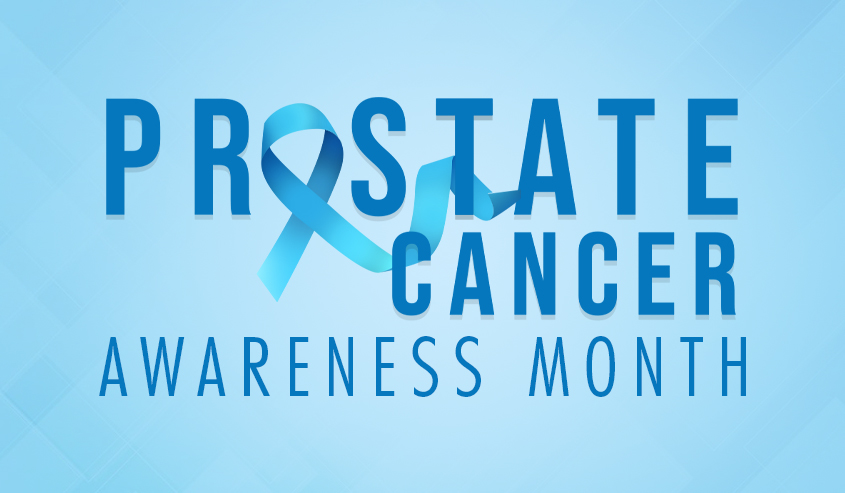
What You Should Know About Prostate Cancer
Prostate cancer, a highly treatable form of cancer, is common in men as they age. It begins in the prostate gland, a walnut-sized gland that is located between the penis and bladder. Today, approximately one in nine men will receive a positive diagnosis of prostate cancer at some time in their lives but only one in 41 will die as a result of it. Early diagnosis and treatment are the keys. The prostate is responsible for some important functions: Producing seminal fluid Secreting PSA (prostate specific antigen) which enables semen to remain in a liquid form Assisting with the control...
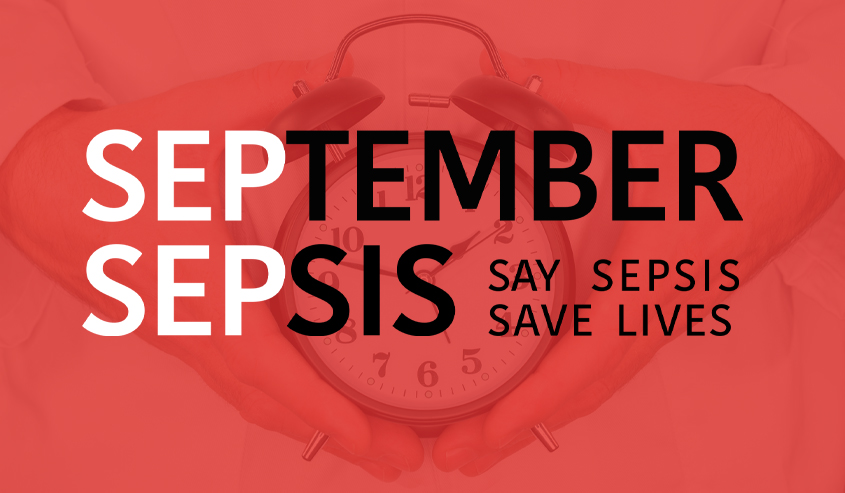
What is Sepsis and the Dangerous Signs That You Need to Be Aware Of
Sepsis is the human body’s overactive response to an infection, which can overwhelm the system and lead to life-threatening consequences such as organ failure, tissue damage and even death. In sepsis, chemicals are released into the bloodstream which then go on to trigger an inflammatory response in the rest of the body. These responses can then go on to damage organs and can even result in death. Populations that Sepsis Most Commonly Affects Although sepsis can happen to anyone, it most commonly affects: Older adult populations Pregnant women Infants and children under one year of age People who suffer chronic...

